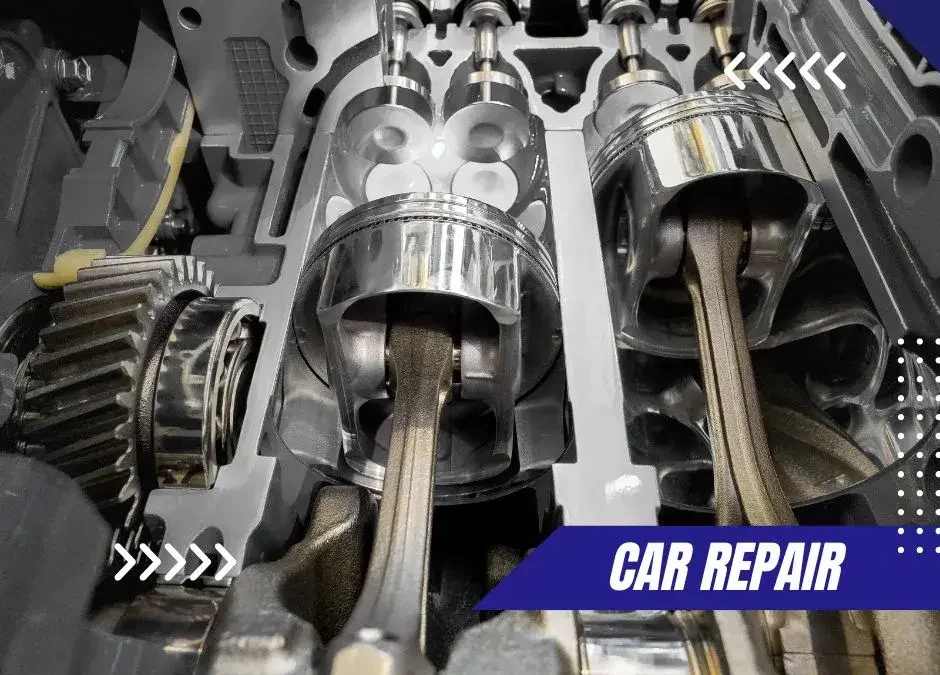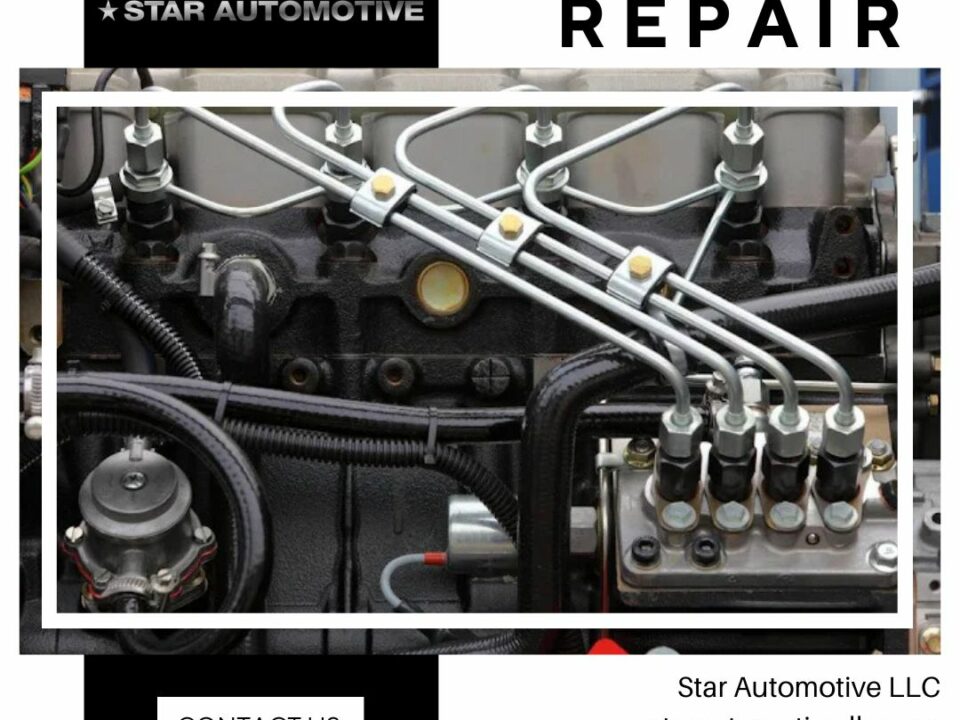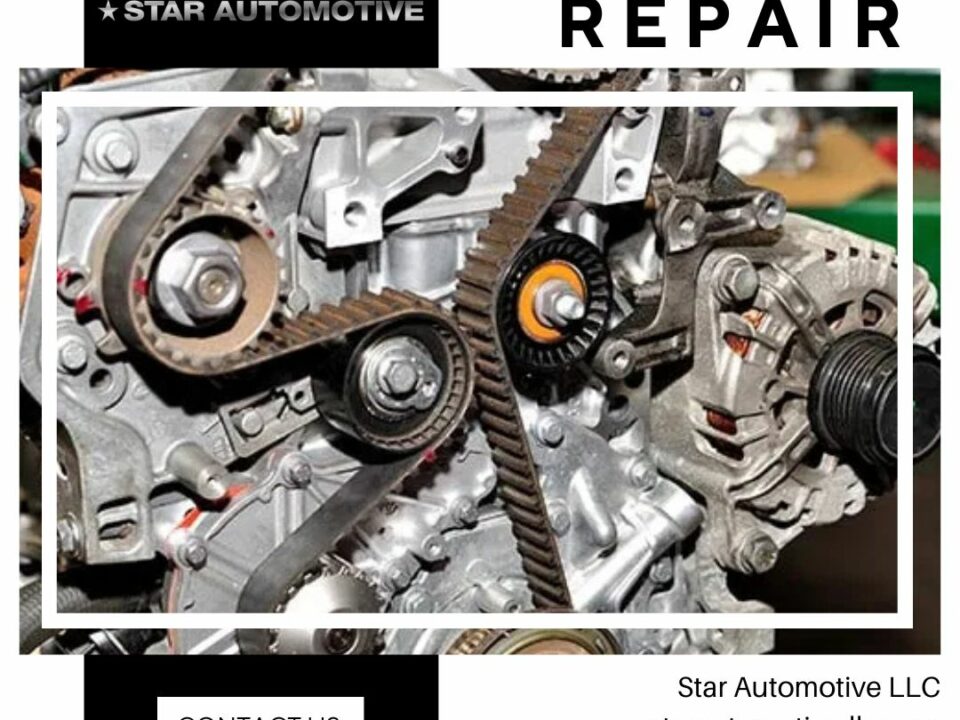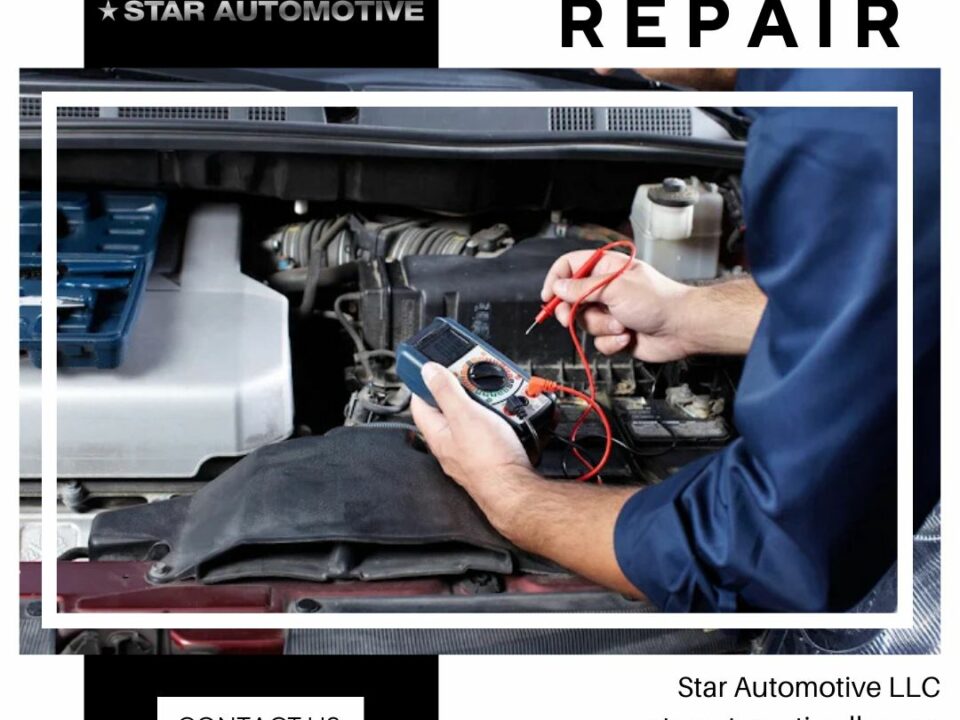
How to Identify and Fix Common Engine Issues in Car Repair
February 6, 2025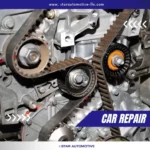
Car Repair Guide: When to Replace Your Timing Belt or Chain
February 6, 2025Pistons and cylinders are at the heart of every internal combustion engine, playing a critical role in car repair and engine performance. In fact, studies show that nearly 70% of engine failures are due to piston and cylinder-related issues, making their maintenance crucial for vehicle longevity. Whether you are working on a high-performance Asian vehicle or a reliable daily driver, understanding how these components function can help diagnose issues and optimize efficiency. This article explores the role of pistons and cylinders, common problems, and how proper maintenance enhances engine longevity.
Understanding Pistons and Cylinders in Car Repair
1. What Are Pistons and Cylinders in Car Repair?
Pistons are cylindrical components that move up and down within the engine’s cylinders. They are responsible for converting fuel combustion into mechanical energy, which powers the vehicle. The cylinder serves as the chamber where this controlled explosion occurs, directing the piston’s movement.
2. How Pistons and Cylinders Impact Engine Performance
Pistons and cylinders directly influence the engine’s power output, efficiency, and reliability. For example, Toyota’s 2.5L Dynamic Force engine features a high-compression ratio and low-friction pistons, enhancing fuel economy and performance in models like the Camry and RAV4. The fit between the piston and cylinder must be precise to prevent excess friction or compression loss. In Asian vehicles, manufacturers often use lightweight, high-strength materials like aluminum alloys to enhance fuel efficiency and durability.
Common Issues and Car Repair Solutions
1. Piston Rings Wear and Oil Consumption
Piston rings form a seal between the piston and cylinder wall. Over time, these rings can wear out, leading to increased oil consumption and reduced engine performance.
Solution: Regular oil changes and using high-quality lubricants can extend the lifespan of piston rings. If wear becomes severe, replacing the rings is necessary to restore compression.
2. Cylinder Wall Damage in Car Repair
Excessive heat, poor lubrication, or debris in the engine can cause scratches or scoring on the cylinder walls, leading to loss of compression and poor performance.
Solution: Honing or reboring the cylinders can restore their surface, and in severe cases, a complete cylinder sleeve replacement may be required.
3. Piston Slap Issues in Car Repair
A knocking noise during cold starts may indicate piston slap, which occurs when pistons have excessive clearance within the cylinders. This issue is particularly common in older models of Toyota and Honda vehicles, such as the Toyota Corolla and Honda Civic, where wear over time can increase piston-to-cylinder clearance.
Solution: Checking clearances and using properly sized pistons can prevent further damage. In extreme cases, replacing worn pistons and ensuring correct installation can resolve the issue.
Pistons and cylinders are vital components in engine performance and car repair. By understanding their function, maintaining them properly, and addressing issues early, you can ensure optimal engine efficiency and longevity. Take a moment to inspect your vehicle’s engine or share your experiences with piston or cylinder issues—what challenges have you faced, and how did you resolve them? If you’re experiencing engine troubles related to pistons or cylinders, consider consulting a professional mechanic or investing in quality replacement parts to keep your vehicle running smoothly.

